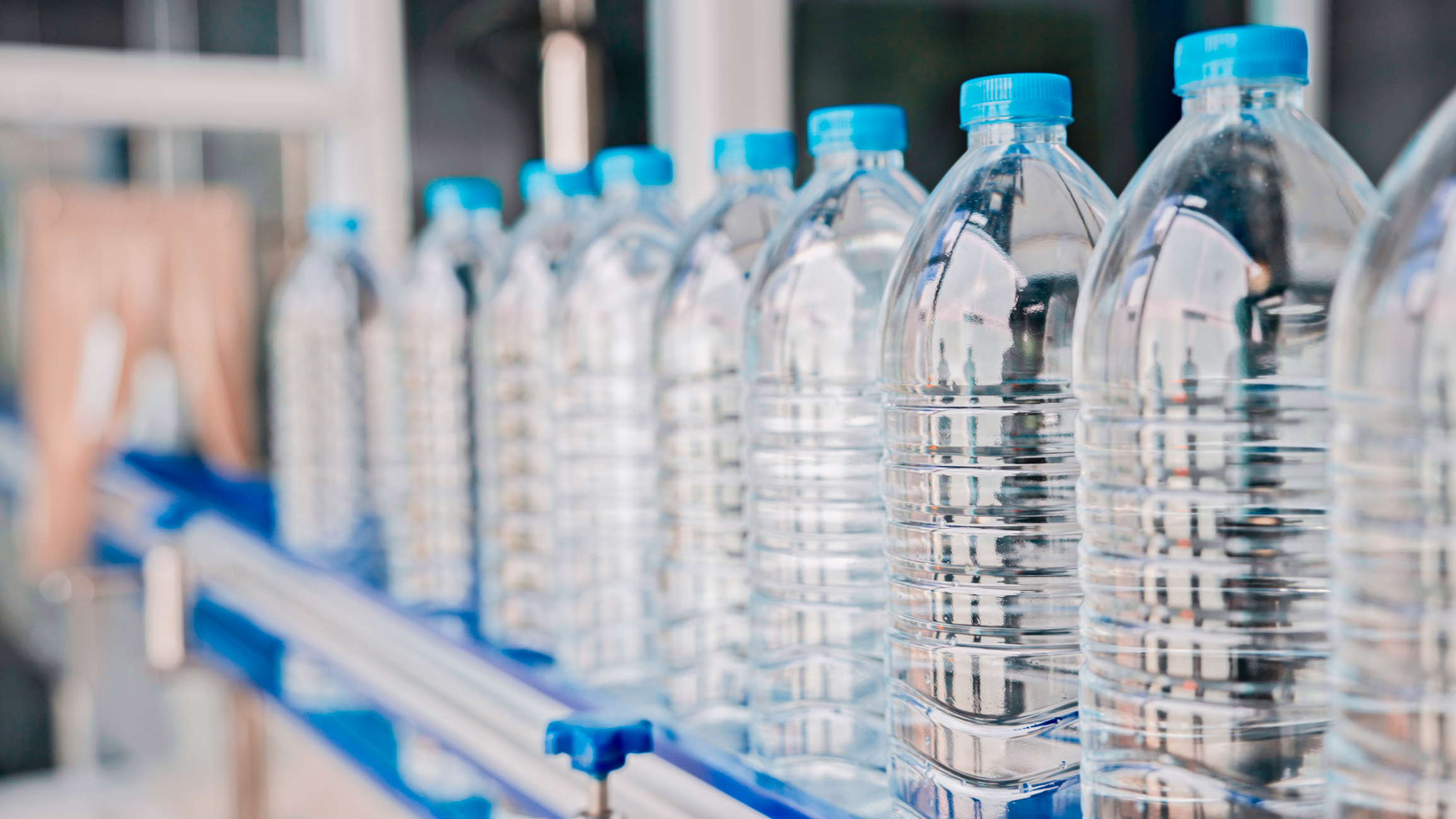
If you're a bottled water drinker, this might just change your mind about drinking from plastic bottles. A recent study has some scientists shying away from drinking bottled water. Analyzing three brands of bottled water, researchers discovered that a liter contained an average of 240,000 pieces of plastic.
That's nearly a quarter of a million tiny pieces of plastic floating in your drinking water. Though they said it might not be considered dangerous, it was enough to change their minds about how much bottled water they personally drink.
The brands analyzed in the study, which was published in the scientific journal Proceedings of the National Academy of Sciences, weren't identified, but lead study author Naixin Qian shared that all three were common brands purchased at a major national retailer. The study revealed that 90% of the plastic pieces were nanoplastics, which are smaller than microplastics, and “believed to be more toxic since their smaller size renders them much more amenable, compared to microplastics, to enter the human body."
The researchers shared their belief that the plastic came from the bottle and also from the filtration systems used by the water companies, which is intended to remove pollutants. Phoebe Stapleton, the study's coauthor and a toxicologist, told NBC News that the potential health impact is “currently under review. We don’t know if it’s dangerous or how dangerous.”
More from LittleThings: 9 Scary Reasons Everyone Should Consider Giving Up Drinking Bottled Water
Contrarily, one study published in the Yonsei Medical Journal says “the results of cellular and animal experiments have shown that microplastics can affect various systems in the human body, including the digestive, respiratory, endocrine, reproductive, and immune systems," which was enough to make some of the researchers cut down on bottled water. Stapleton told NBC News that she’s relying on filtered tap water now, and Wei Min, her colleague and a chemist, said he’s reduced his bottled water consumption.




